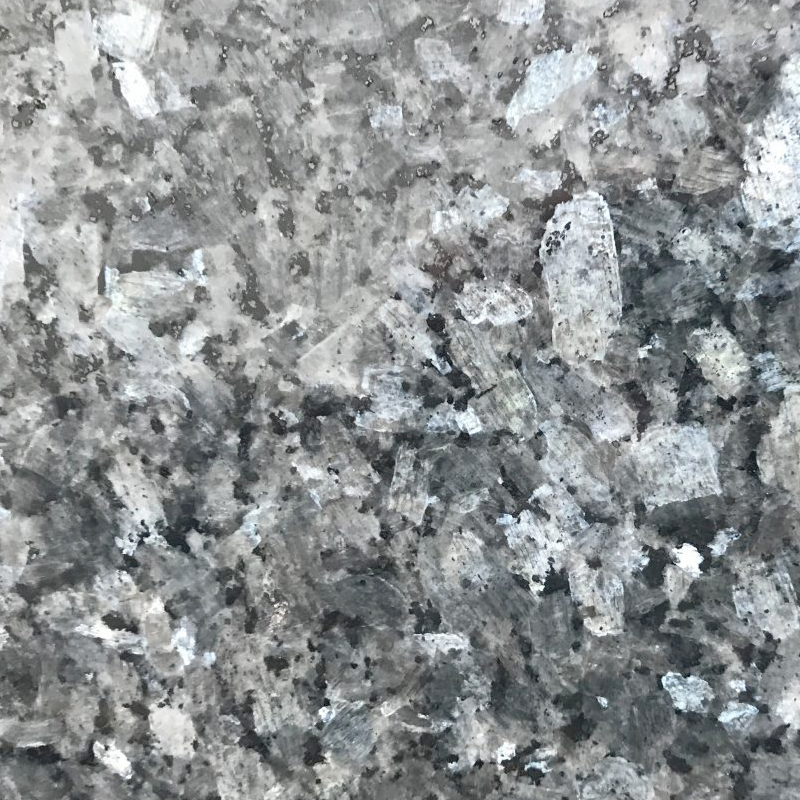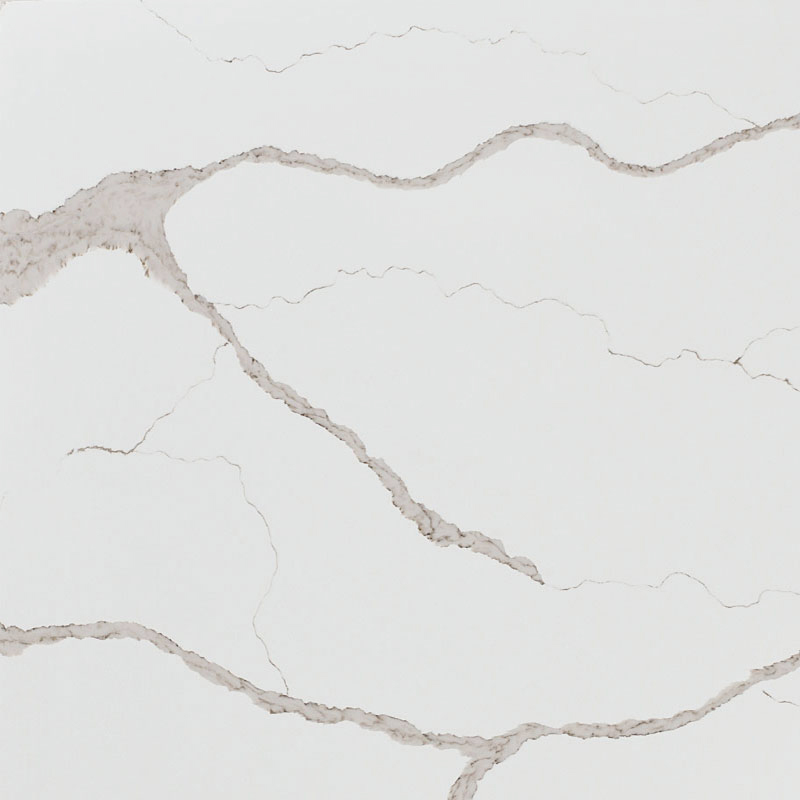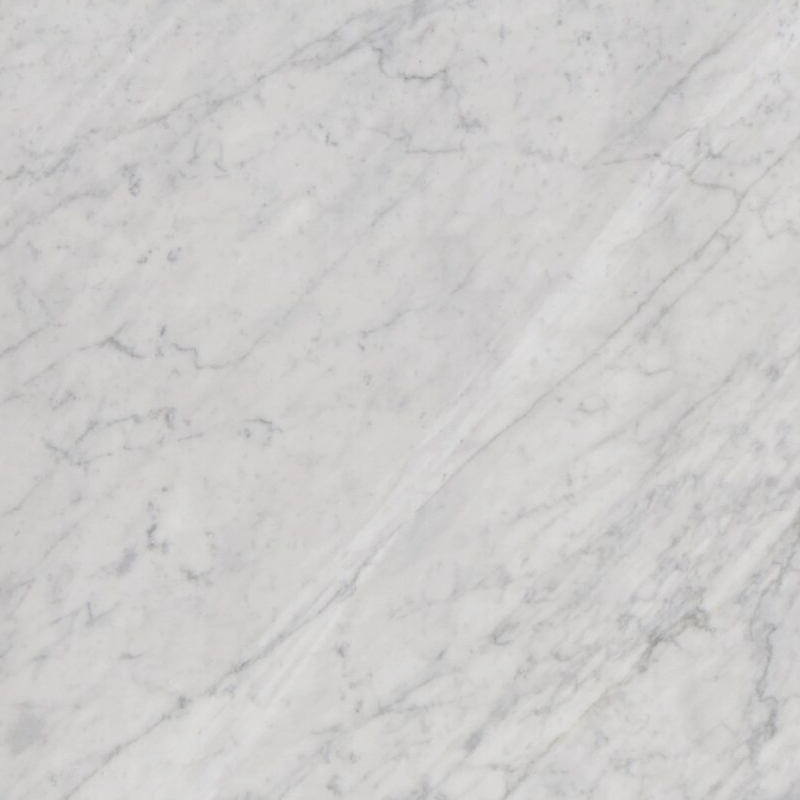FAQs
Q. What is the difference between granite and marble?
Granite is one of the hardest materials on earth. Granite is composed primarily of quartz, feldspar and mica. Other minerals may be present in the stone creating its unique colors, textures and patterns. Used as a material for granite worktops, it is more resistant to scratches, acids, stains and heat than marble. It is long-lasting, durable and available in a wide variety of colours, textures and unique crystal patterns that create a warm and inviting environment for your kitchen or bathroom.
Marble works beautifully, especially in the bathroom, where the veining patterns and colours that appear can be used to create exquisite designs. Marbles are made up of mostly of calcite. Marble is sensitive to acidic foods such as vinegar, lemon, tomatoes, wine, as well as some tile cleaners, mildew removers and other materials commonly found in the kitchen or bath and will dull a polished finish.
Q. Should I use granite or marble for my worktops?
Granite is the most versatile stone to work with. Granite can be used anywhere indoors or outdoors. Marble can be used almost anywhere but it has limitations. Marble weathers outdoors and it is more susceptible to dulling, scratching and staining. We would not recommend using marble as a kitchen worktop.
Q. What is honed granite?
Strictly speaking, granite is called 'honed' when the polishing process is halted just before a reflective shiny surface is achieved. This gives a softer, matte appearance to the stone. We can retrospectively hone granite by re-polishing the surface with a lower grade polishing pad thereby removing the shine.
Q. What special care does stone require?
Marbles should be sealed once or twice a year. Granites should be sealed once a year. Please note, using a sealer does not make the stone un-stainable. It simply fills the pores in the stone and make the staining process slower, thus giving you more time to clean a spill before a stain sets in. Otherwise, clean regularly and don't use acidic or abrasive cleaners that will dull the finish over time.
Q. Can I cut on my granite worktop?
Only if you want to ruin your good knives! Granite worktops are harder than your knife blades and will dull them very quickly if you use the worktop as a cutting surface. Always cut and chop on a wooden or plastic cutting board.
Q. Can you give me a quotation over the telephone?
Possibly – if it was just for one piece or an extremely simple layout. It is much more accurate for us to quote from a drawing and could save you money as sometimes repositioning of joints etc. can use less granite. Please contact us for a quote on a worktop.
Q. Will you provide stone samples?
Yes we can either give you samples when you visit or post them to you (maximum of three). However we will only give out samples after we have provided a quote.
Q. Are granite blanks used by other companies lower quality?
Generally yes. We know this from experience as we did used to offer blanks but stopped because of quality issues. The blanks are usually cut from commercial grade granite and often have problems with bowing.
Q. Can I look at the slab before cutting?
Yes. In fact we actively encourage it as sometimes small samples do not do the material justice. If you are interested in one of our stock granites you can visit us. Alternatively, for non-stock granites, you can visit one of our slab suppliers to view a vast array of materials and even choose the exact slab you want.
Q. Do you have any finished (cut & polished) tops I can look at?
Yes, in our showroom which is open from 9am-5pm, Monday to Saturday.
Q. Can backsplash tiling take place before fitting of the tops?
No, please wait until the stone tops are installed.
Q. Do I need to be present during your emulating operation?
Yes please, to help with any questions that we may have.
Q. Will I have joints and if so will I see them?
Joints are often unavoidable. We will do everything we can to avoid or reduce the number of joints in a job. We then do everything we can to make any joints less noticeable. We use an epoxy to glue and seal the joint. We colour the epoxy to make it blend with the stone.
Q. Will you plumb-in my sink/basin?
We will fix undermounted sinks to the granite and plumb in sinks at additional cost. Please note for heavy ceramic sinks you will need to build a sub-base to support it.
Q. Should I be present when the tops are installed?
Yes please. At least at the end to approve them and make final payment once you are satisfied.
Q. Can granite worktops be repaired?
Reasonable damage can be repaired such as small cracks or chips. If the stone is chipped, always try to save the piece that chipped off. We will do our best using the best repair kits on the market. However any filled chip will never be completely invisible.
Q. Could I add to my worktops later?
Yes although precise colour matching could be a problem.
Q. Is it true that Radon gas and radiation are emitted from granite worktops?
These are scare stories circulated in the media by large synthetic worktops manufactures to damage the stone industry, mainly in America.
If you have any questions which are not answered here please do not hesitate to contact us




